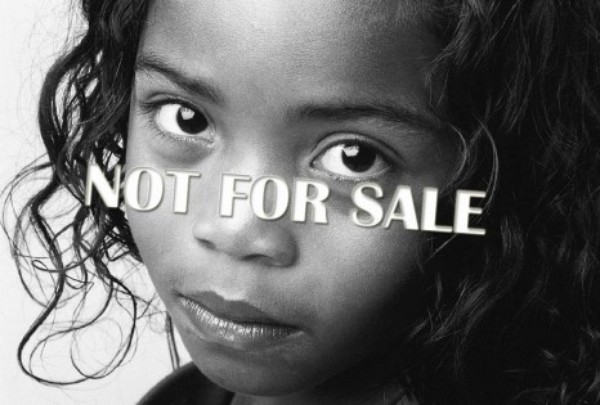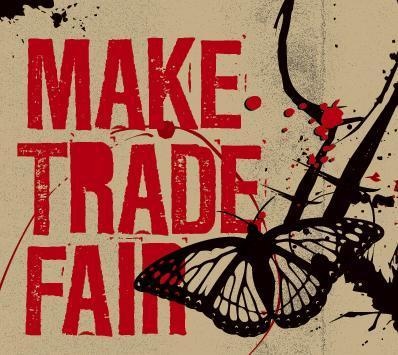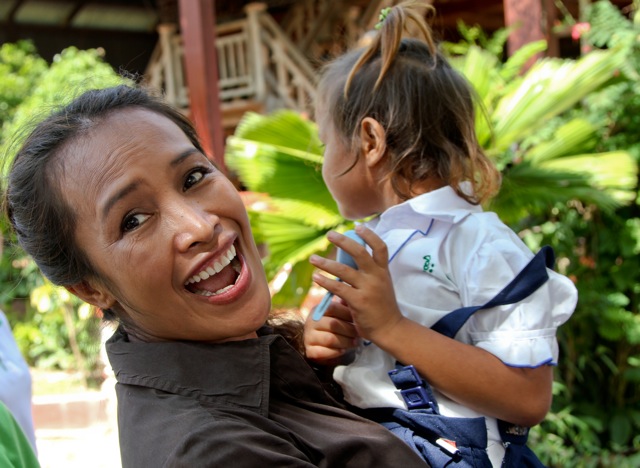“If you want to lift yourself up, lift someone else up.” – Booker T. Washington
Human trafficking, also known as modern day slavery, isn’t something that is just happening elsewhere. It is happening everywhere and traces of it can be found in every country, even in the United States. San Diego, where I live and where Seven Hopes United is also based, is especially affected because of its close proximity to the border.
But what is human trafficking?
Human trafficking is the second largest criminal enterprise in the world, it is second only to the drug trade. It is closely linked to the arms trade and it is growing quickly. Human trafficking involves sexual exploitation as well as forced labor and it affects women, men and children. It is estimated that nearly 27 million people are exploited throughout the world as modern slaves; even at its peak the slave trade of earlier centuries didn’t reach this number (Kevin Bales, freetheslaves.net). The majority of human trafficking victims are 18-24 and the United Nations estimated that in Asia alone, ‘nearly one million children are involved in the sex trade under conditions that are indistinguishable from slavery’ (Nicholas Kristof, New York Times).
How can consumers make a difference?
Human trafficking is the result of demand, and the demand for cheap goods contributes to the exploitation of women, men and children, which then contributes to forced labor. ChainStoreReaction.com defines a forced laborer as ‘anyone who is forced to work without pay (beyond minimal subsistence), under the threat of violence, being economically exploited and unable to walk away.’
“Every time you spend money, you’re casting a vote for the kind of world you want.” – Anna Lappe
As consumers we have a great deal of power to make change. Buy spending our money at establishments that are open and transparent about their labor practices we can educate ourselves and choose stores that do not exploit their workers. Perhaps it seems overwhelming to find a store that isn’t using cheap labor but we have the right to know what takes place on the supply chain and who is being affected by it and how.
Buying fair trade products is a great way to assure that items you are purchasing are free of slave labor. Fair trade products must live up to standards that guarantee a living wage and good working conditions for artisans and producers. When you purchase an item that is fair trade you are not only purchasing a high quality item you are voting with your dollars: voting for a more just world. And fair trade also lifts entire communities out of poverty, which can combat the sense of desperation that one must surely feel when one sells his or her child into slavery for the sake of securing funds.
Other ways you can help!
Chain Store Reaction connects consumers with companies through a letter writing campaign, via the internet that demands transparency of labor practices.
The Somaly Mam Foundation works to end modern slavery and to empower survivors of trafficking; items sold in the foundation’s store are made by and support survivors of human trafficking.
Our voice as consumers counts and we can make a difference in the lives of others!
Have a wonderful day – Dawn






